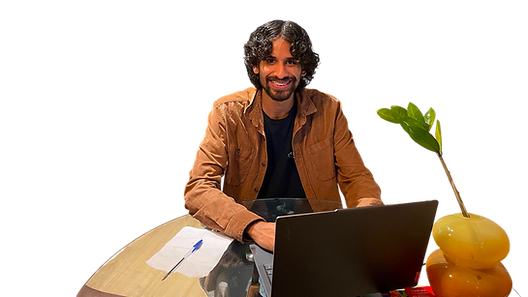Mistakes you are probably making and how to fix them #1 | GERUND
- Daniel Moreira
- Mar 6, 2025
- 2 min read
When learning a new language we often project some features of our native language (L1) onto the target language (L2). That's very normal and expected. However, if you want to be aware of some common mistakes English speakers make when speaking Portuguese, this new series is for you!
Common mistakes #1 - gerund
First of all, what is gerund? In English, this is the -ing form of the verbs as in "working", "traveling" and so on.
We use this form in English when…
a) A verb comes right after a preposition, as in "I'm thinking about buying a car". (I)
b) A verb functions as a noun at the beginning of a sentence, e.g "Studying abroad is very expensive" (II)
c) There's an intent to express an ongoing action. For example: "I'm studying right now" (III)
In Portuguese, the gerund form of the verbs is expressed with the -ndo endings, as in "cantando"(singing), "fazendo" (doing/making), and "sorrindo"(smiling).
Then, one might think it only takes using -ndo when there's a -ing in English, right? Nooo! Wrong! ❌
It turns out that this train of thought is only valid when translating sentences like the example (c) above., meaning that the translation of that sentence would be>
"Estou estudando neste (exato) momento"
For (a) and (b), we actually use the infinitive form of the verbs in Portuguese, whose endings are -ar, -er, -ir, as in "cantar"(to sing), "fazer"(to make/do), "sorrir"(to laugh)
Having that in mind, the translation of the sentence would be:
Estou pensando em comprar um carro
Challenge: how would you translate sentence (II)?
Give it a try! Leave a comment down below and I'll check if it's correct :)
See you next time!









Comments